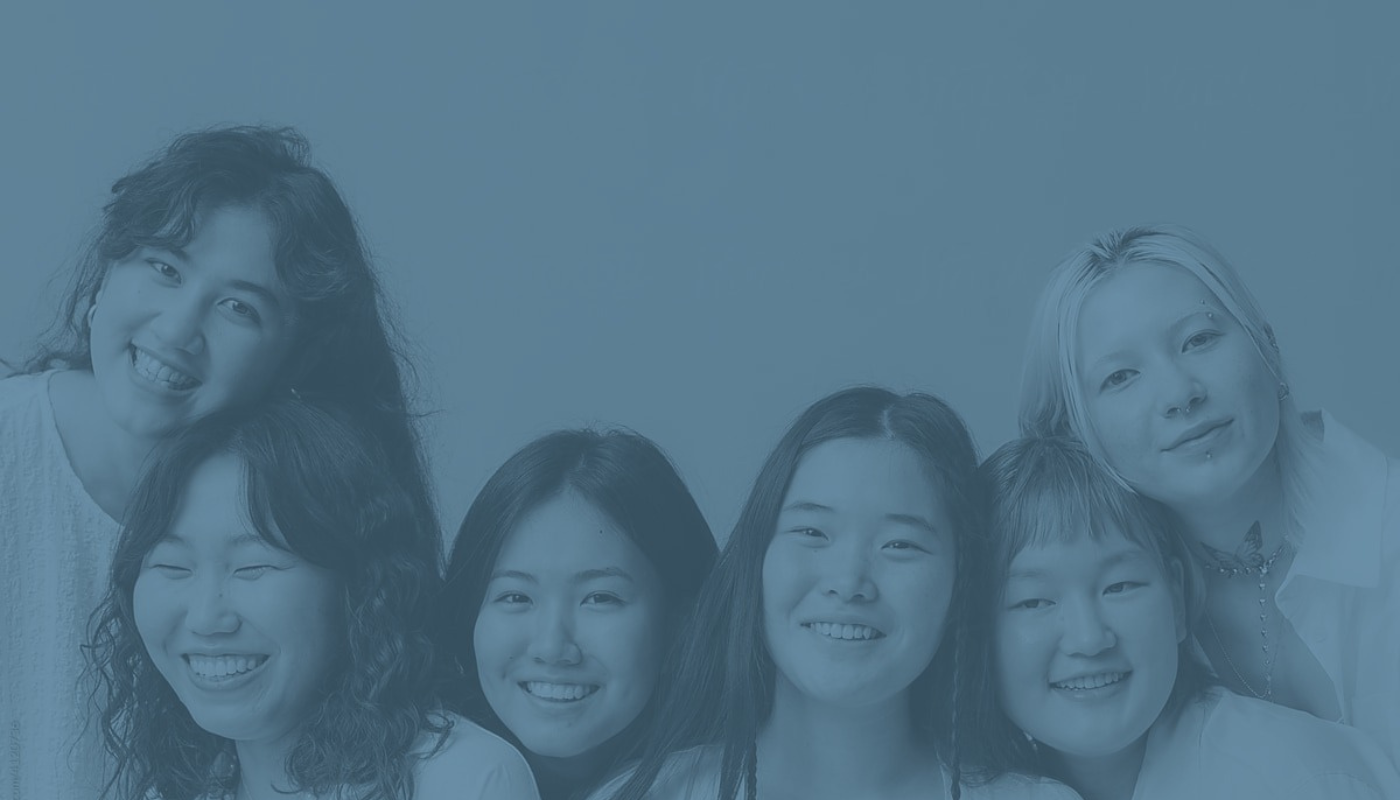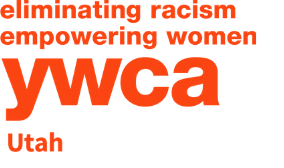Get Involved
Support Our Work
Donate Online
Together, we will continue our life-saving work and build a state that includes everyone.
Donation Drop-Off
With your generous in-kind donation, we are able to provide children and parents with essentials all year long.
Shop Our Wish-List
Support survivors by purchasing from our Amazon Wish-List and meet their most urgent needs with the click of a button.

Volunteer at YWCA Utah
We need YOU to VOLUNTEER!
YWCA Utah’s Volunteer Program is your gateway to fulfilling individual and group opportunities that provide crucial support to our residents, programs, and dedicated staff. From entry-level roles like sorting in-kind donations to directly working with domestic violence survivors, our diverse range of opportunities ensures that there's a meaningful role for everyone.

Ways to Volunteer
-
One-Time Opportunities
We have new, and changing, volunteer opportunities that fit any schedule, skillset, or interest
-
Ongoing Opportunities
We offer a variety of ongoing volunteer opportunities that provide individuals and groups with the chance to contribute their time and skills in meaningful ways, helping sustain our critical work.
-
Group Opportunities
Any group, whether of friends, colleagues, or community members, may volunteer together to support our powerful programs and events.

Get Involved
YWCA Utah is dedicated to eliminating racism, empowering women, and promoting peace, justice, freedom and dignity for all. Help us achieve this beautiful, and bold, mission by engaging in our 21-Day Challenge, inviting your work place to volunteer with us, supporting our annual Candy Cane Lane, LeaderLuncheon, Women Rising Series and more!
Other Ways to Give ↘
-
Planned Giving
Choose from many giving options, including naming YWCA Utah as a beneficiary in your will and more complex trust arrangements that provide life-long income. Help us secure the future!
If you have questions about any of our giving programs, please contact Chief Development Officer, Kiki Chmielewski, at 801-537-8614 or kchmielewski@ywcautah.org.
-
IRA Distribution
Reduce your annual taxable income and make a qualified charitable distribution to YWCA Utah. To discuss your options, please contact Chief Development Officer, Kiki Chmielewski, at 801-537-8614 or kchmielewski@ywcautah.org.
-
Stock Donation
You may support our work through a gift of stock or other securities. If you’d like to make a gift of stock, certificates held by a bank or broker can be transferred to YWCA Utah electronically. Please contact us at gifts@ywcautah.org to learn more or to alert for transfers.


